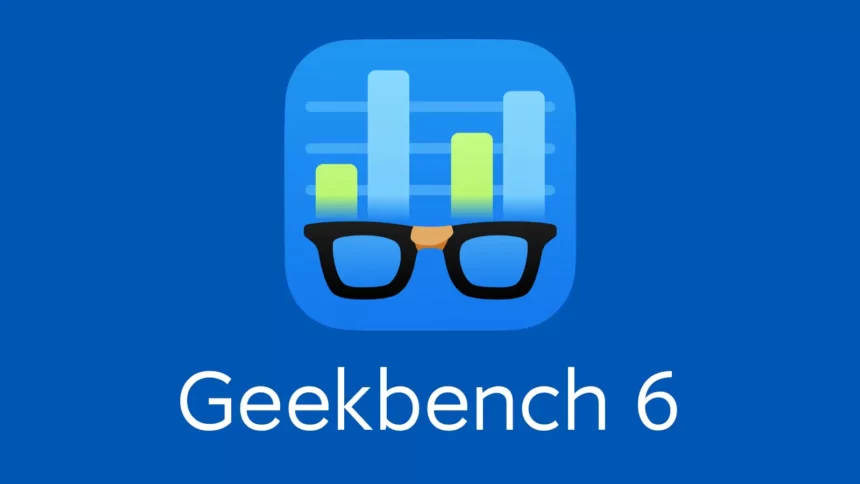Primate Labs has released Geekbench 6, the most recent version of the software, which can be downloaded for Android, iOS, macOS, Windows, and Linux. The most recent version is an improvement over Geekbench 5, which was released in 2019. In addition to implementing new hardware standards, enhancements to “real world” testing have been made, giving your PCs and devices performance results that are more realistic.
The new update puts more of an emphasis on the GPU, better using this processor and keeping up with the most recent technology. Since Geekbench 6 would have included support for newer CPUs from Intel, AMD, Qualcomm, MediaTek, and other manufacturers in addition to the Apple Silicon, it is probable that we would see a range of results.
Many new software features and performance improvements come to us through the contemporary magic of machine learning, and these tasks don’t just use your CPU. Geekbench 6 has been updated to better take advantage of your GPU for these workflows.
New frameworks and abstraction layers for our benchmark also mean more accurate cross-platform comparisons for these measurements across device types and environments, with support for more ML acceleration instructions, as well as more uniform GPU performance across platforms
Geekbench 6 Release Notes
One of the greatest changes in Geekbench 6 is the move to “true to life” results from synthetic workload simulations. The additional cores will now act more realistically in multi-core testing, giving performance metrics a more accurate portrayal. The most recent version should identify these architectures and offer equivalent ratings as more and more CPU designs incorporate “performance” and “energy efficiency” cores.
You can download Geekbench 6 from here if you want to start benchmarking your machine right now. Include findings from the most recent version of your desktop, laptop, or smartphone as well.





